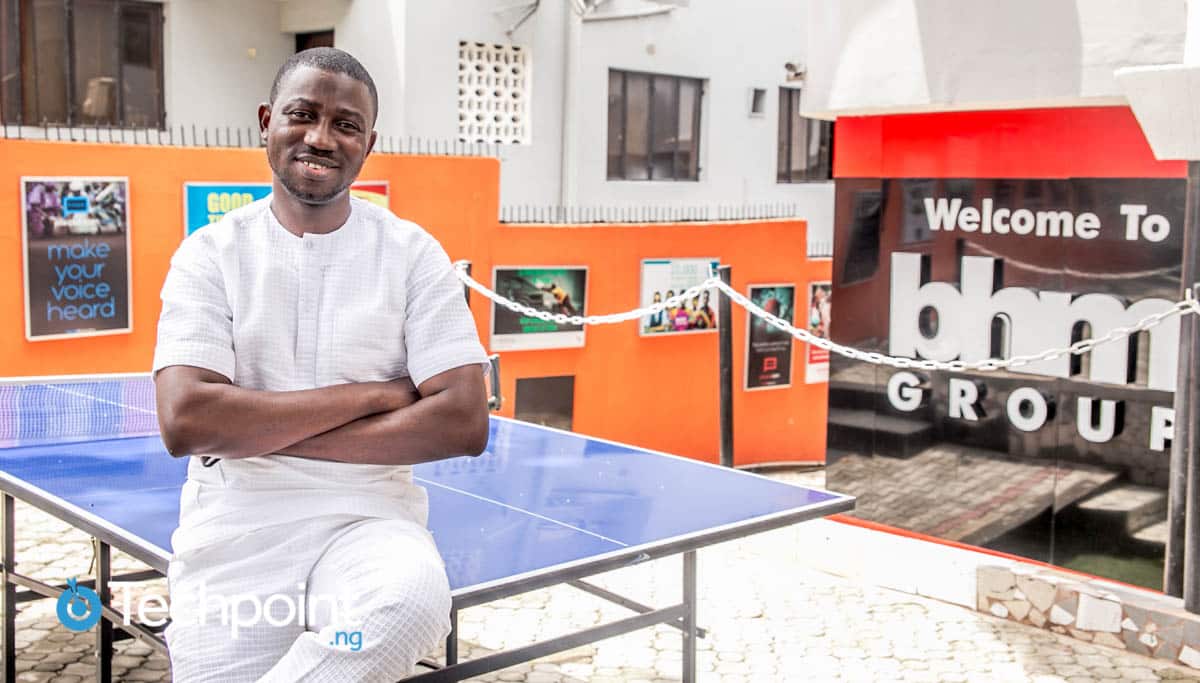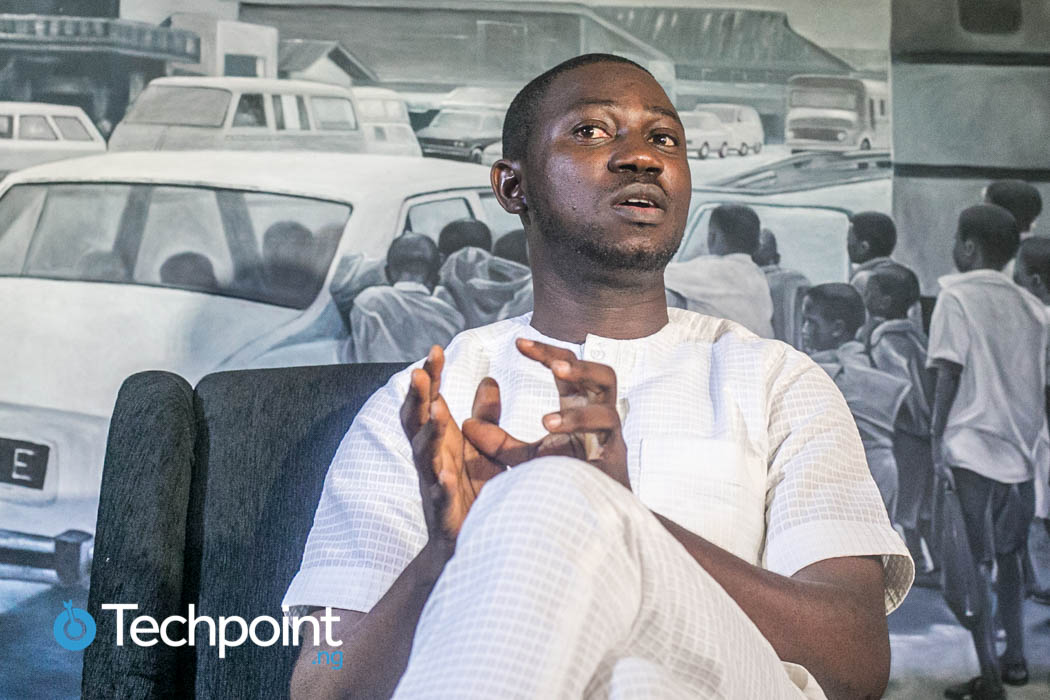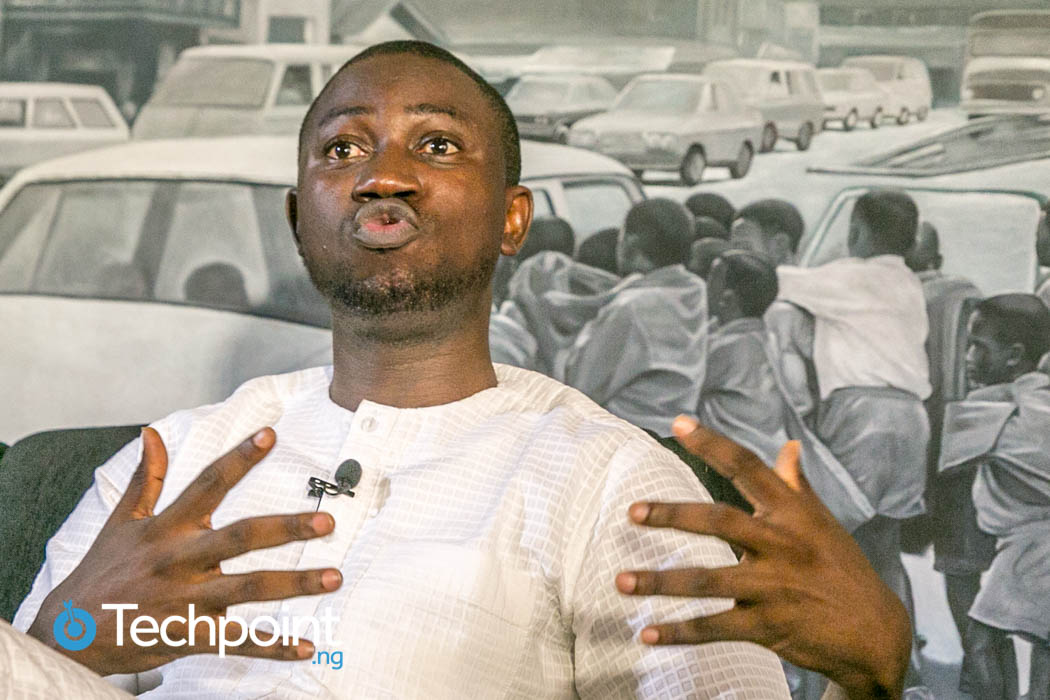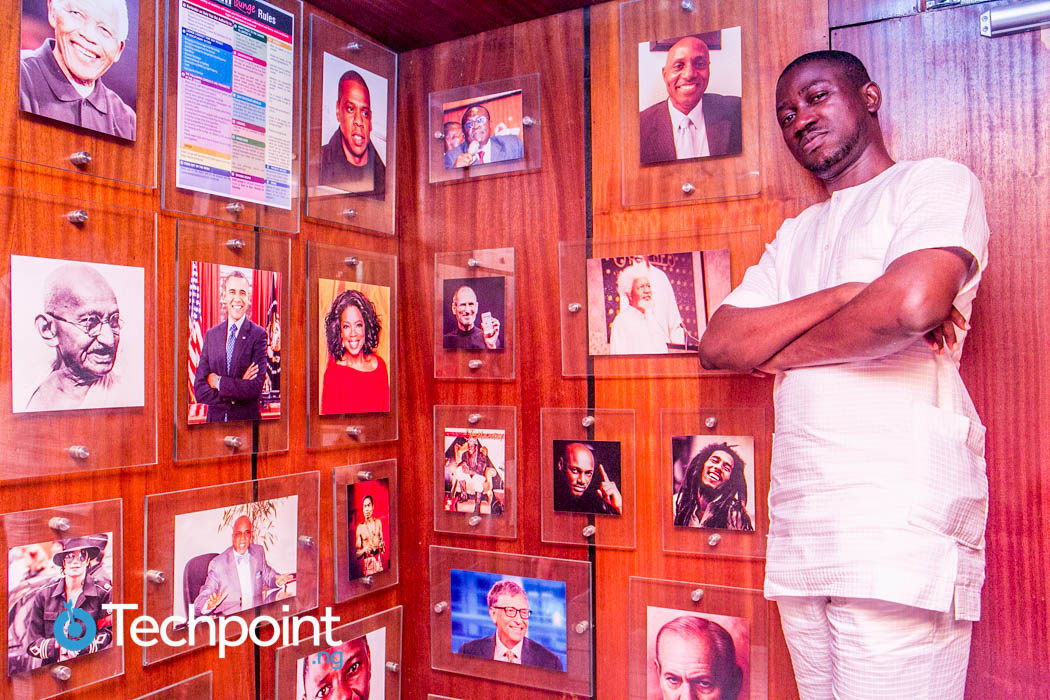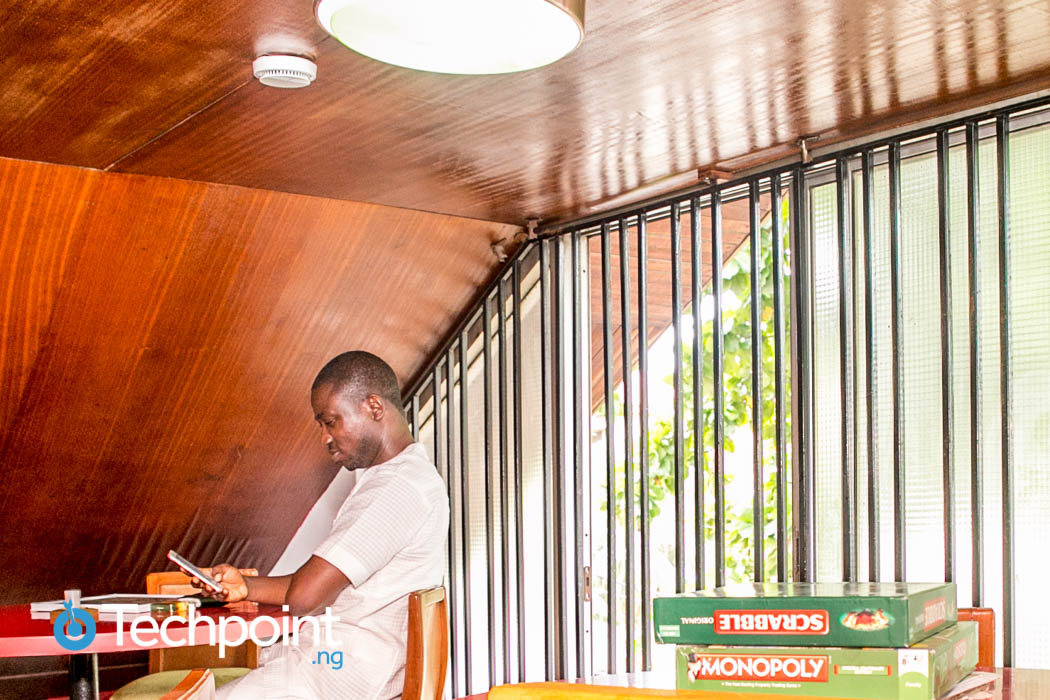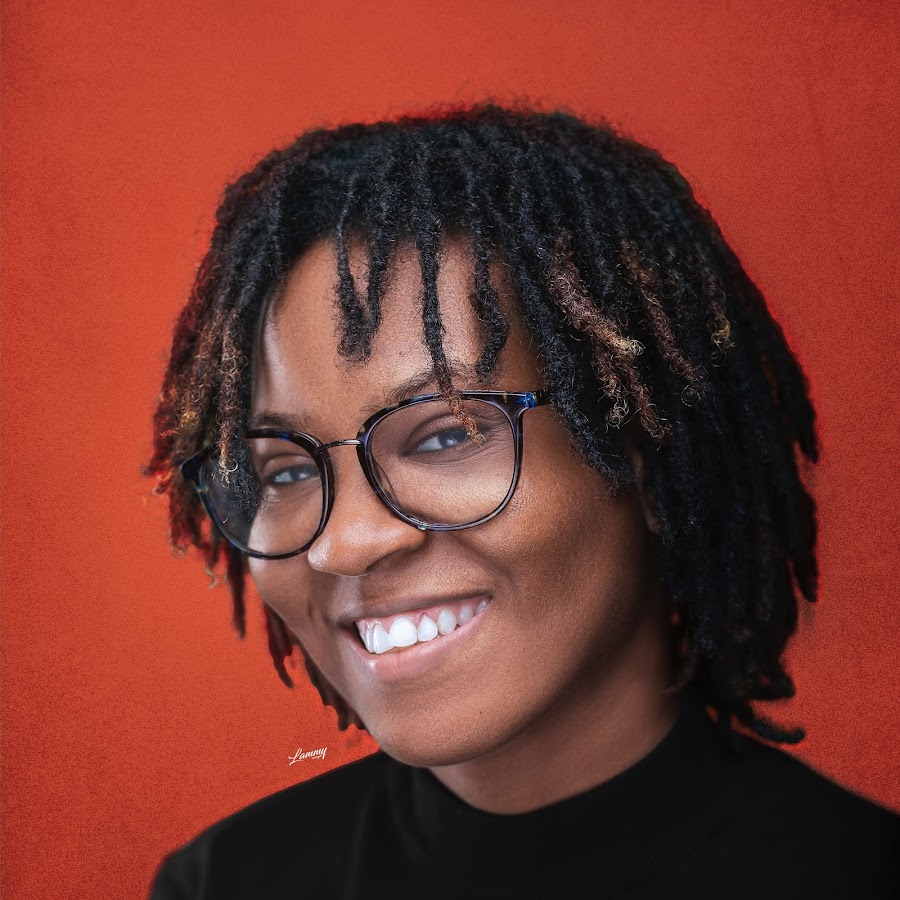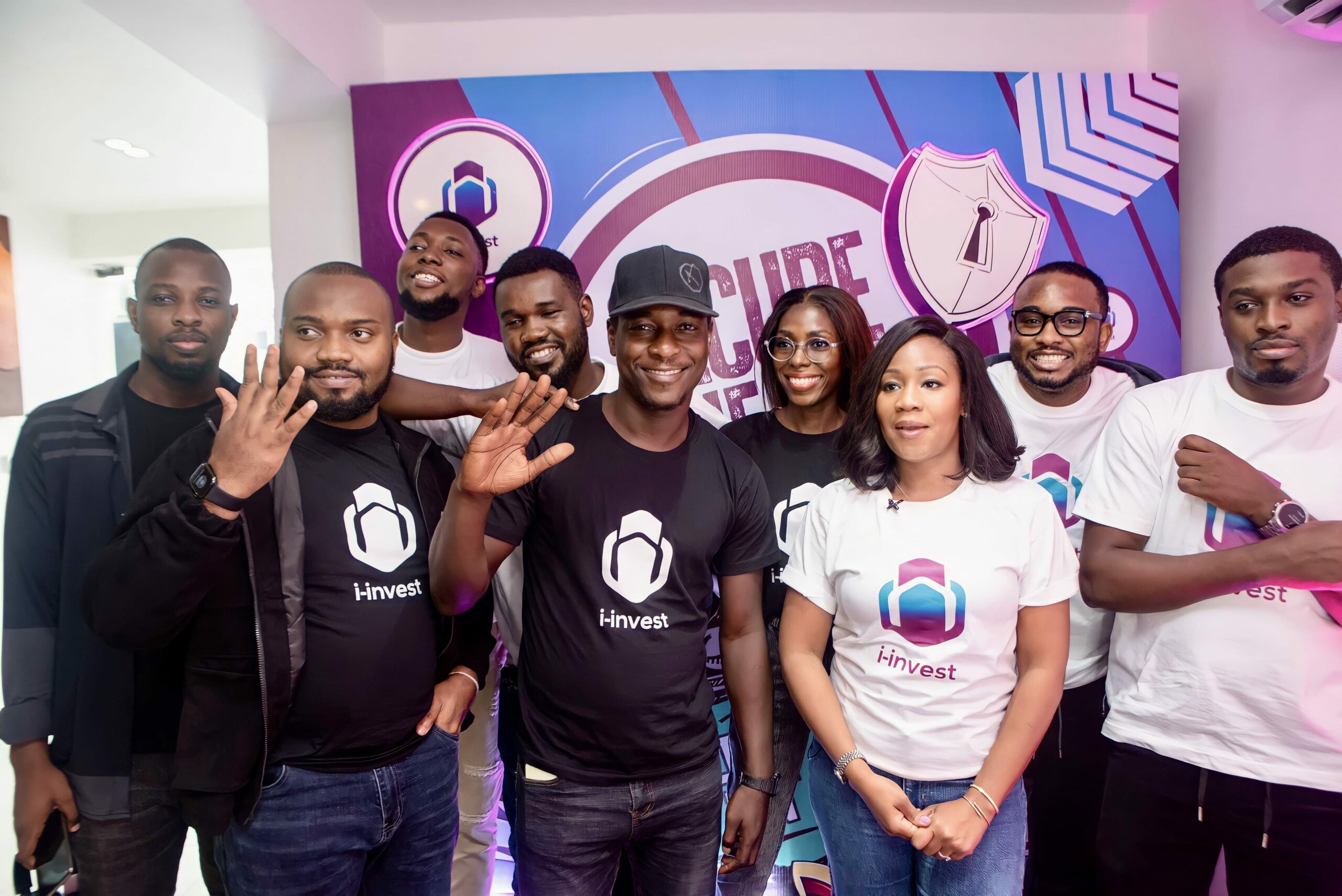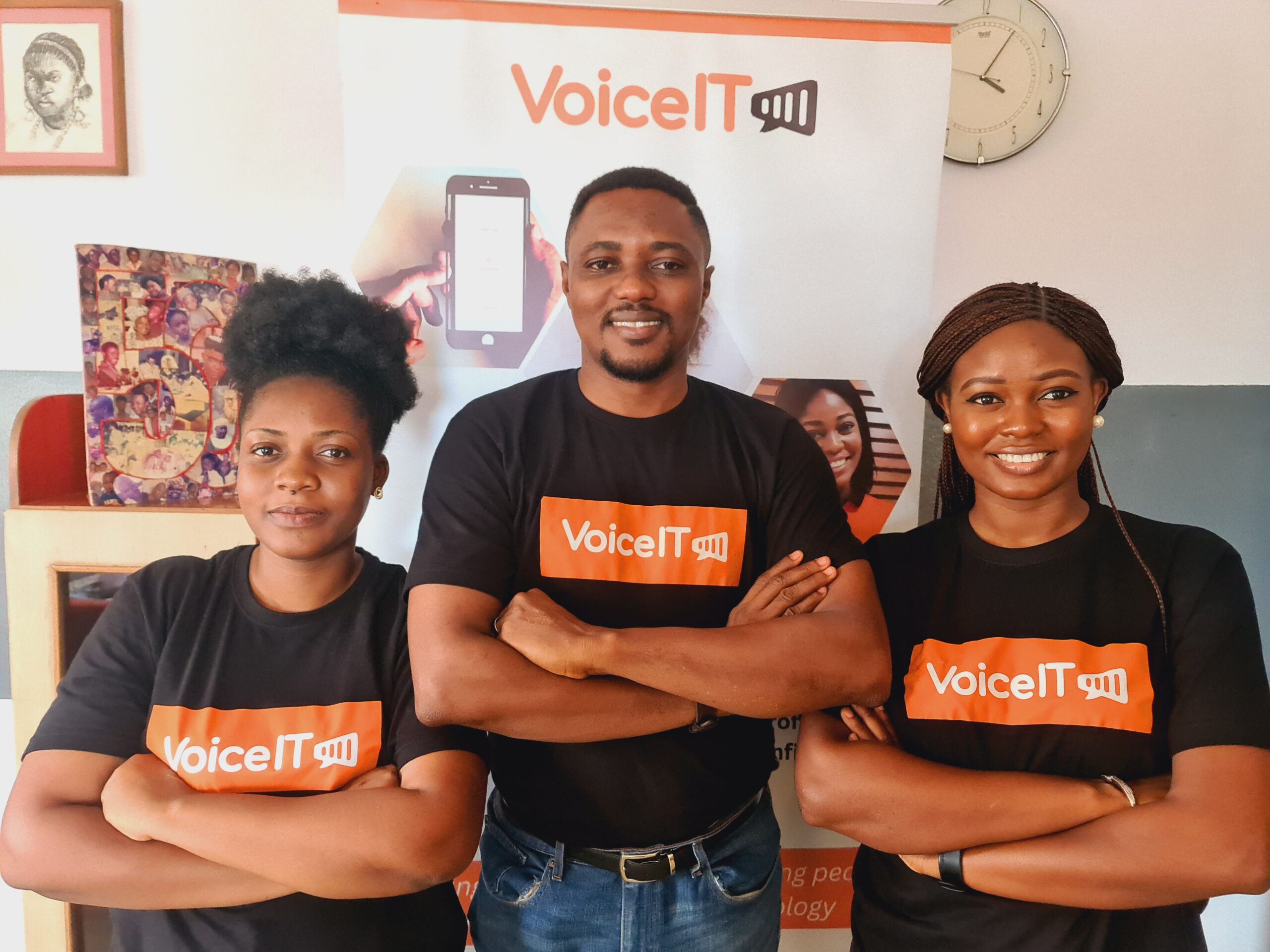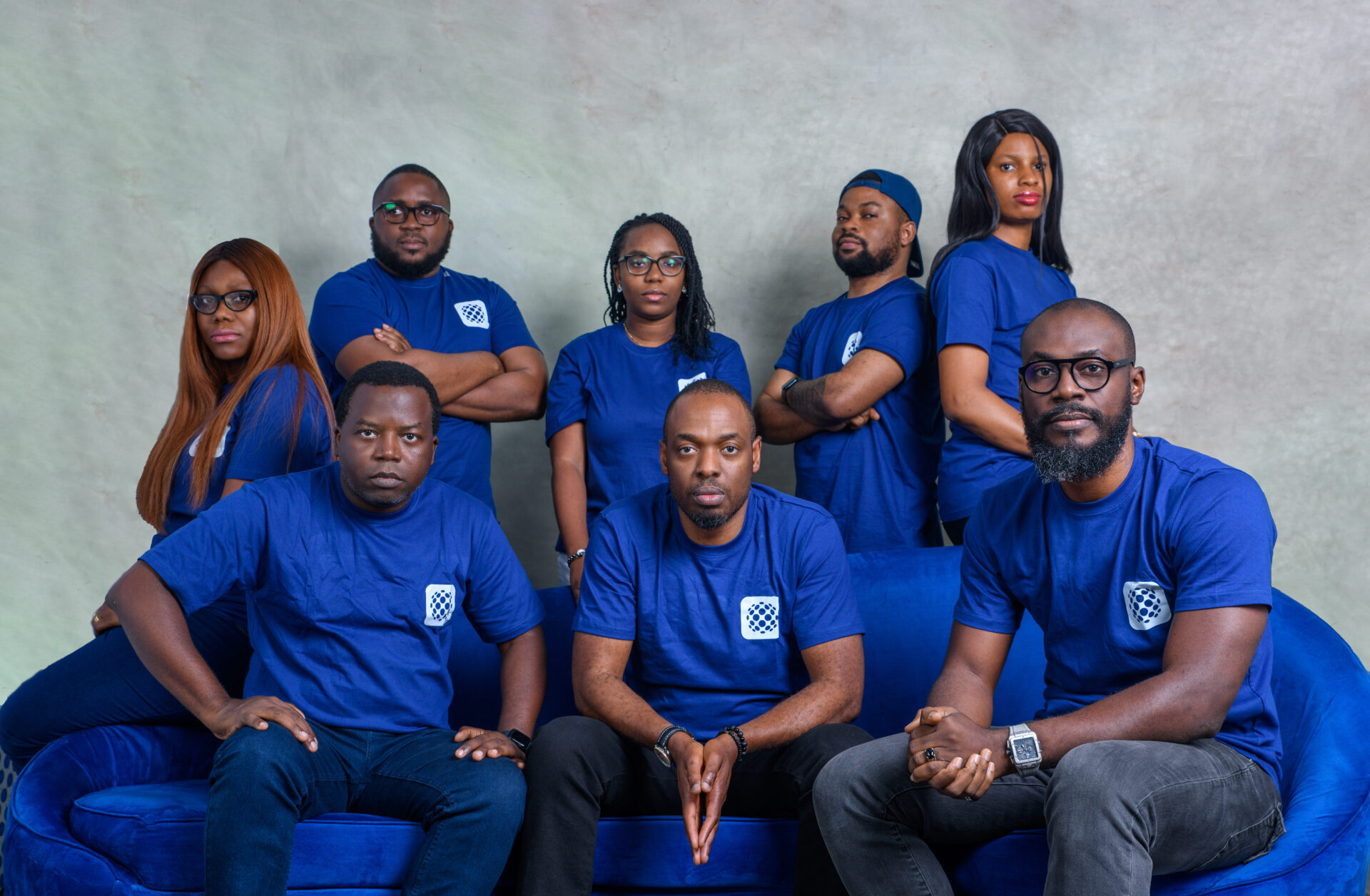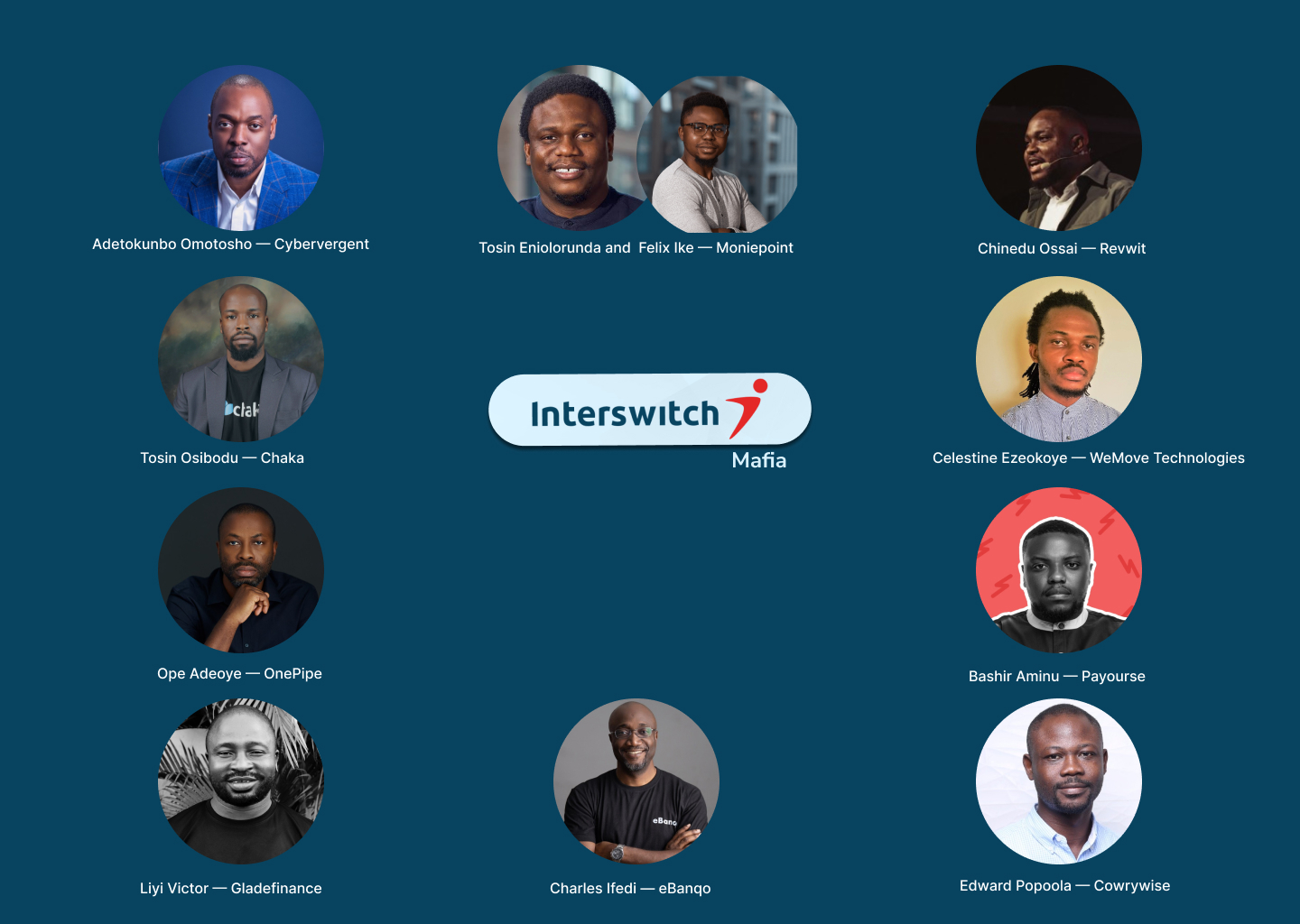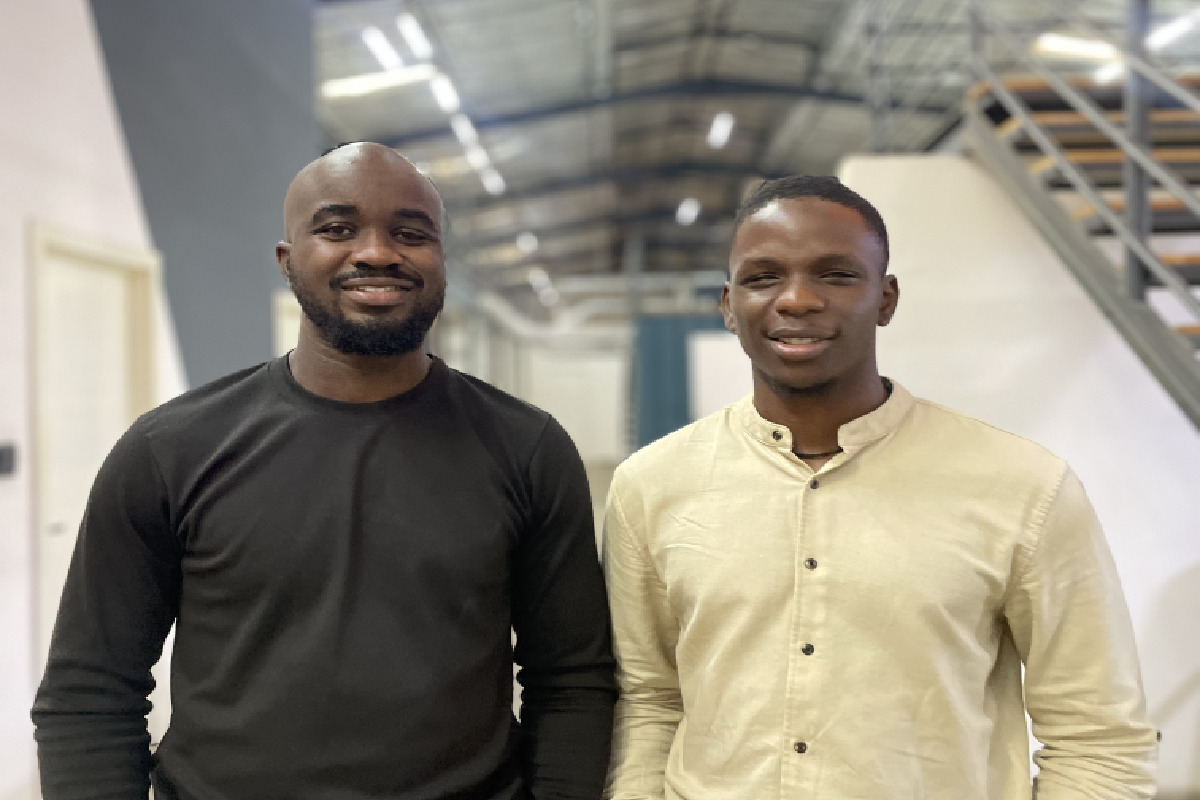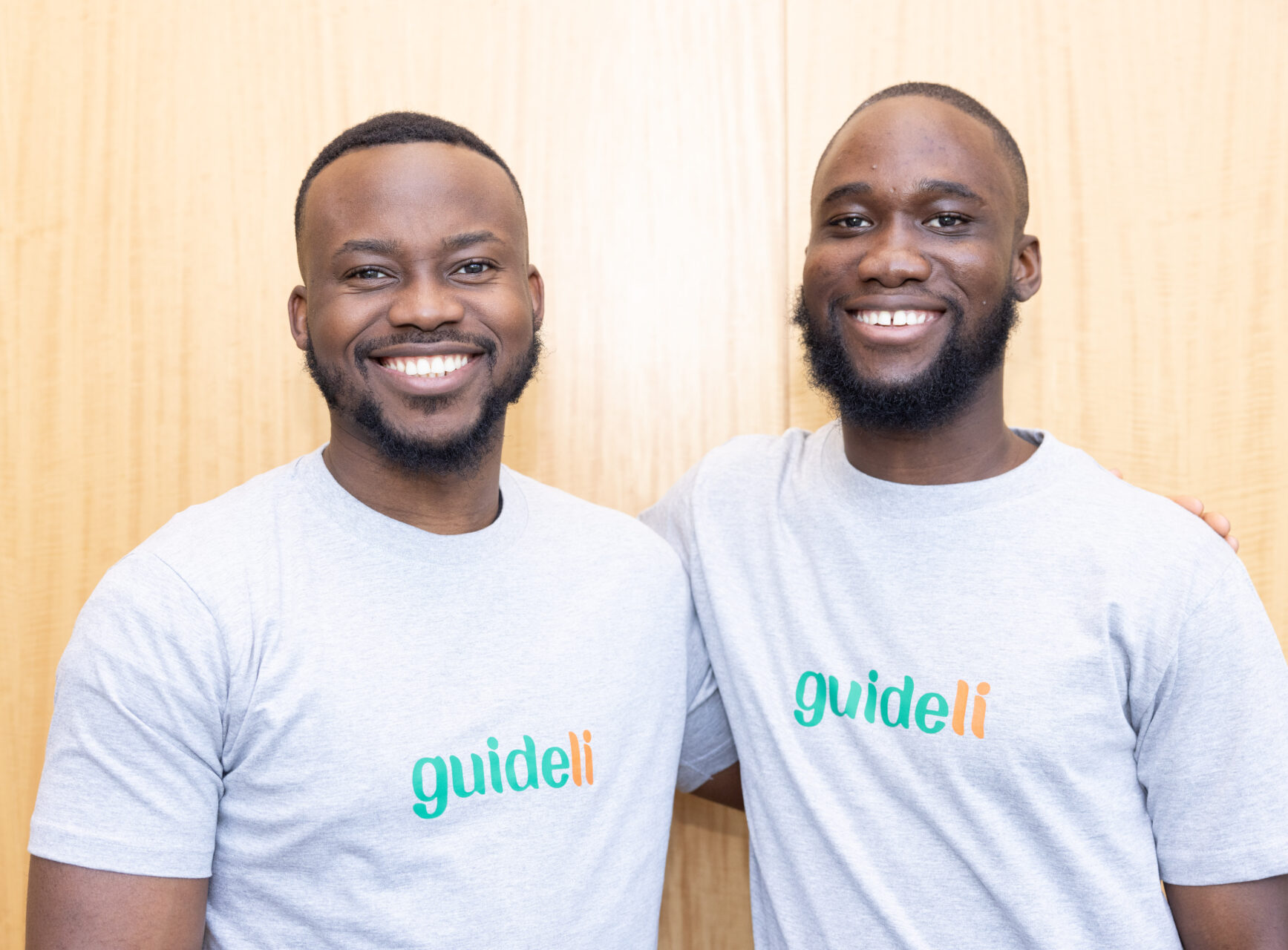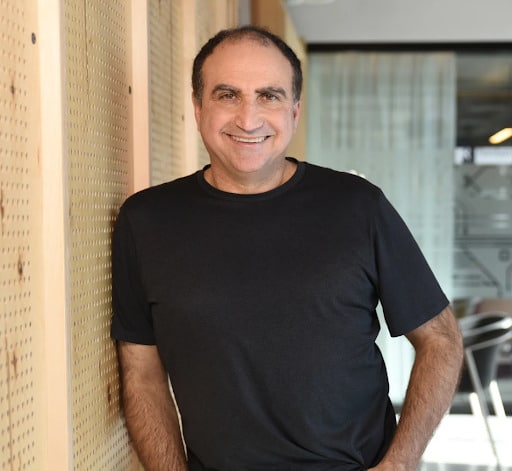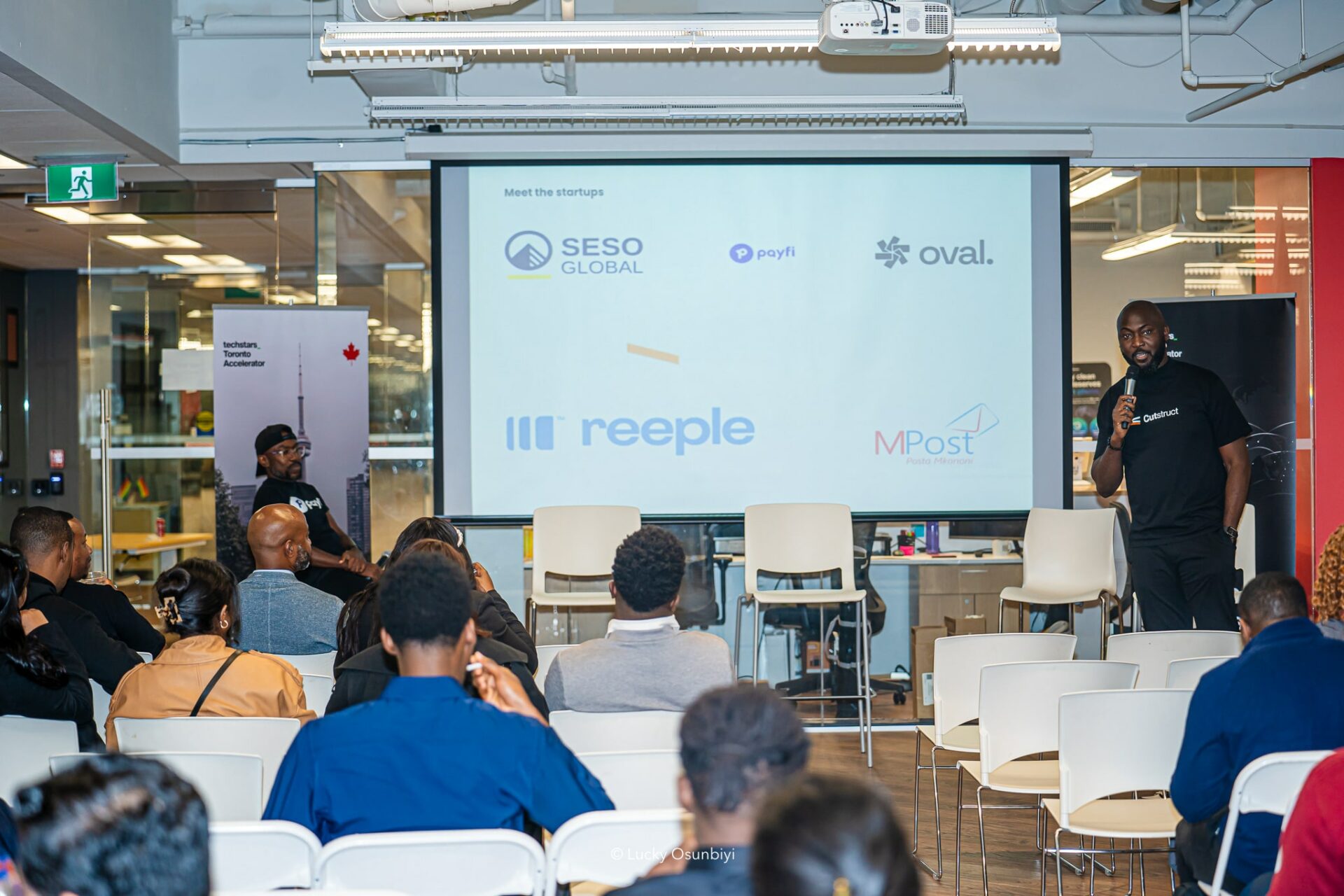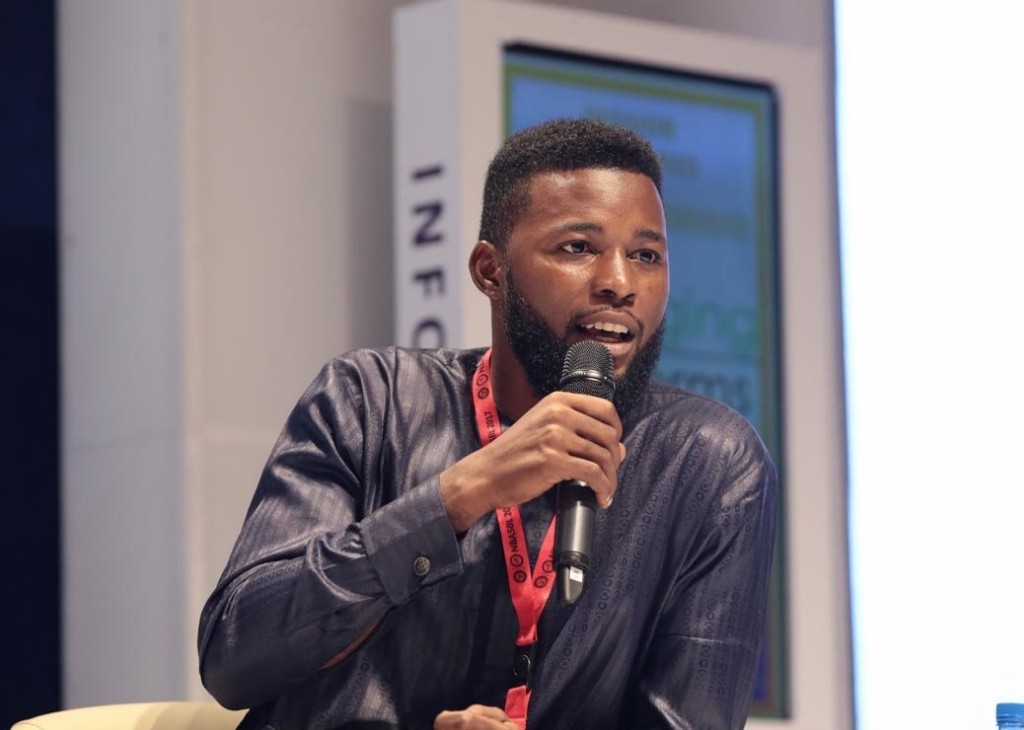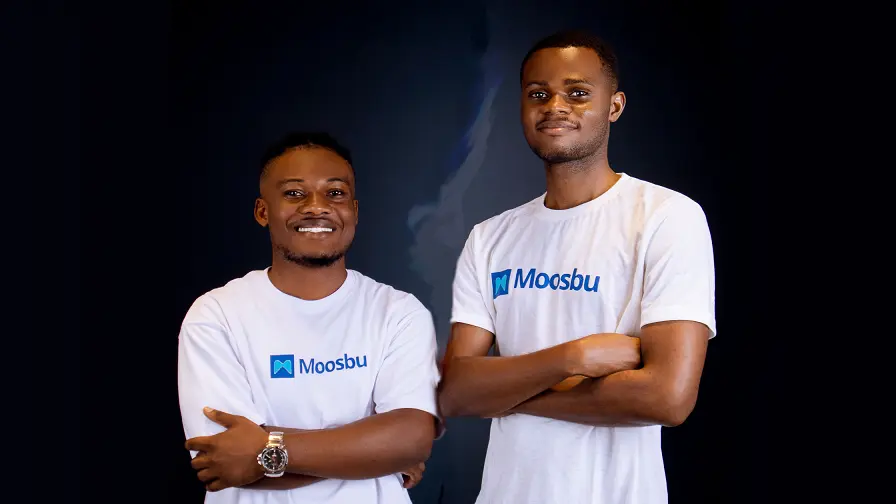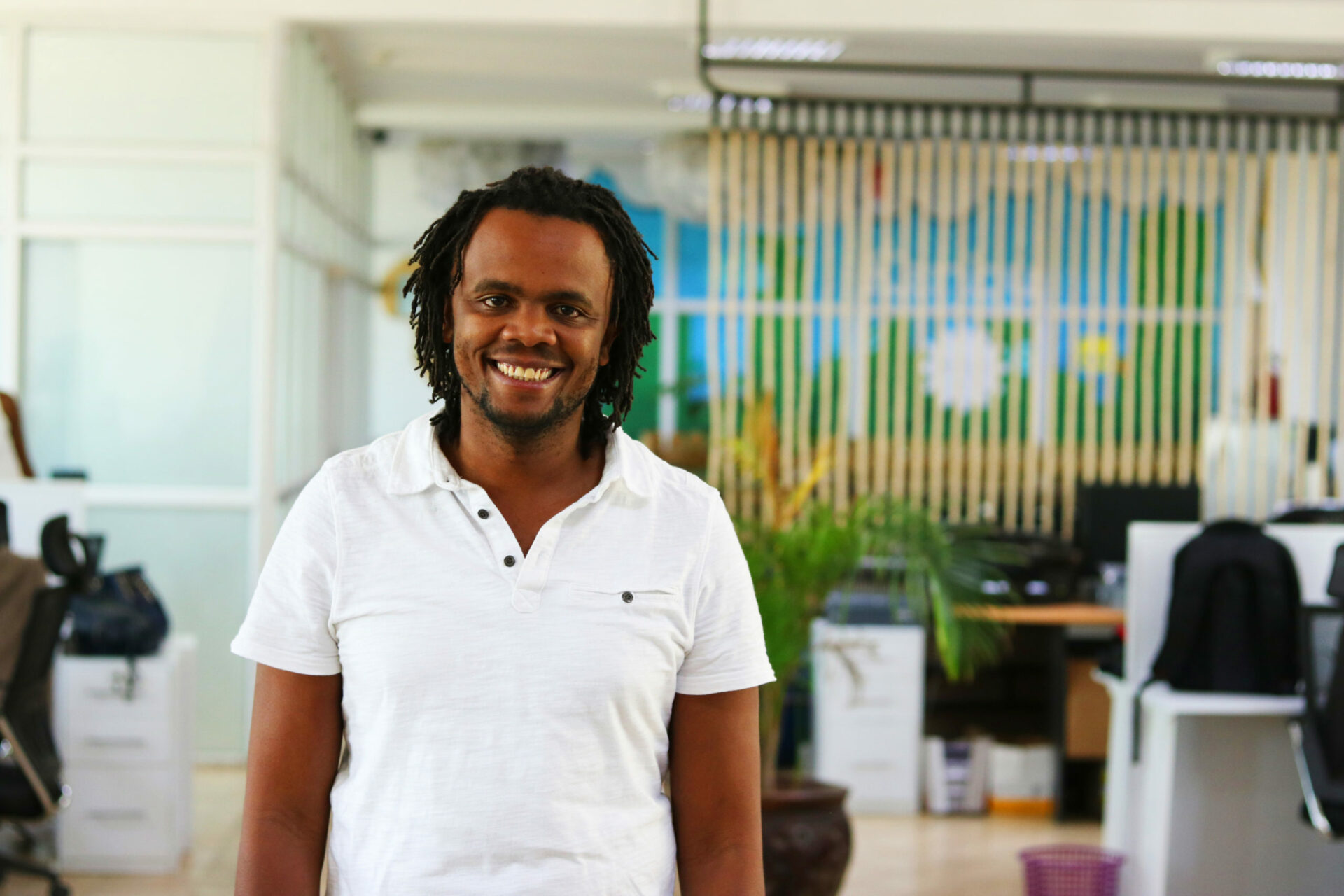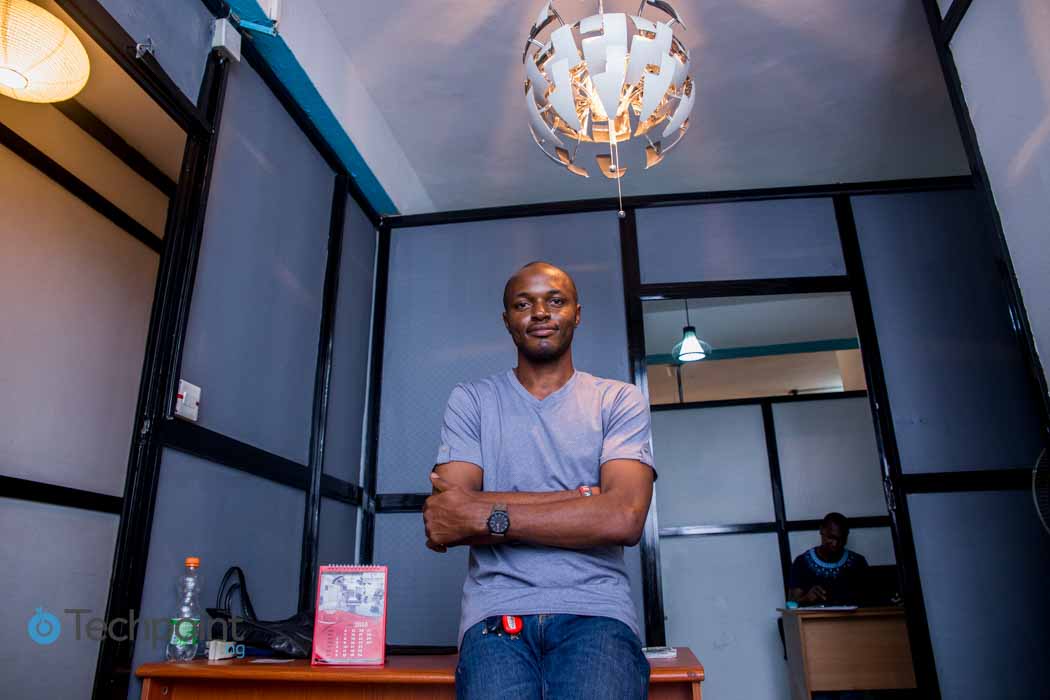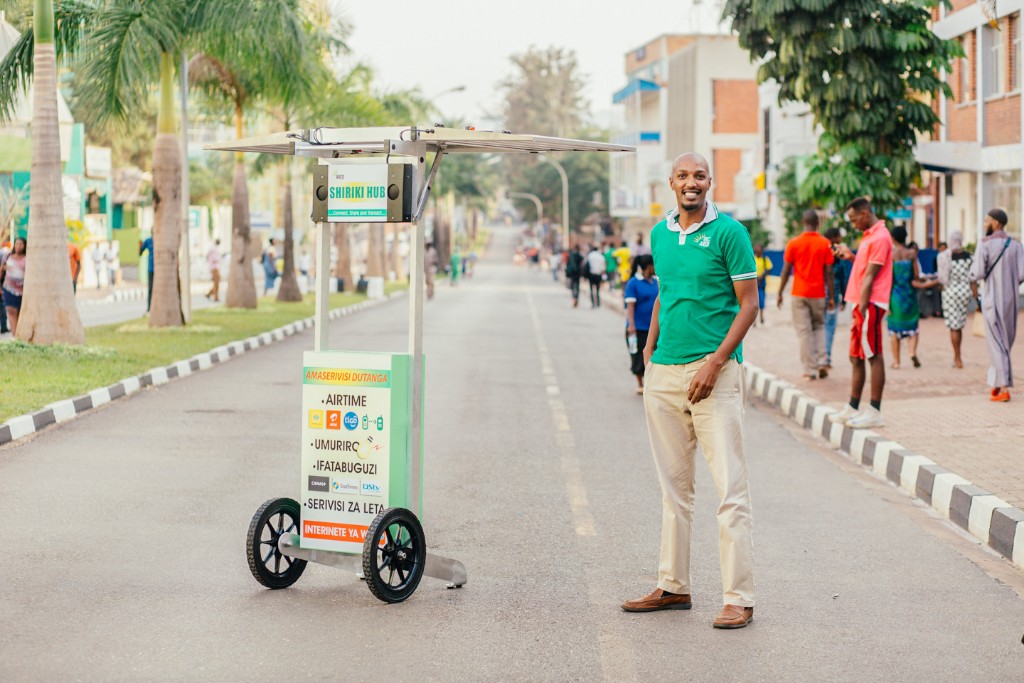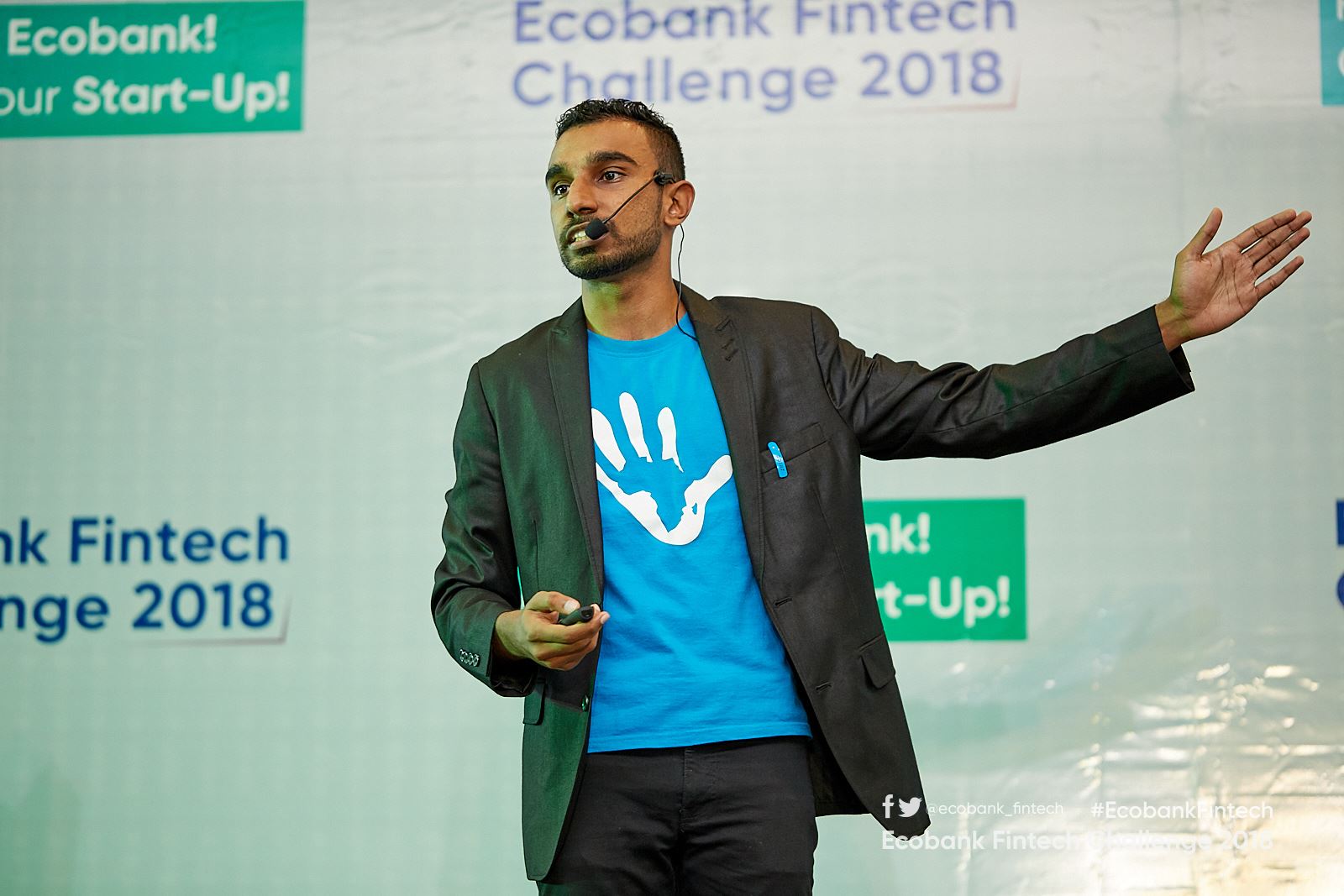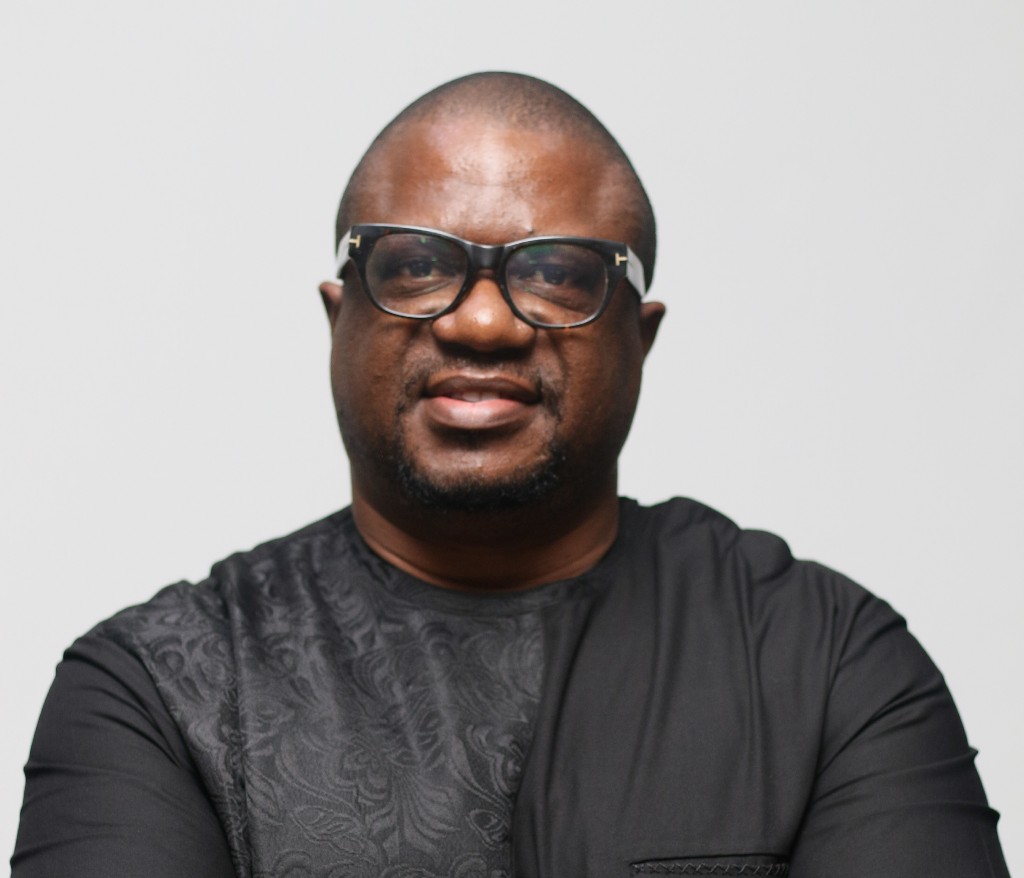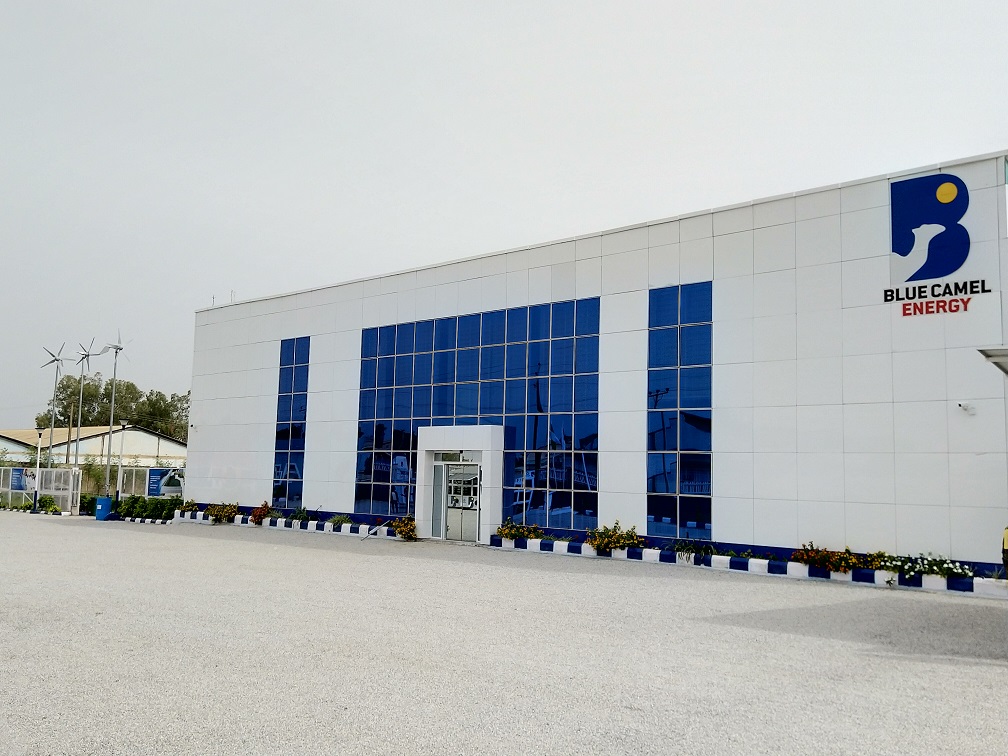Ayeni Adekunle is the founder and CEO of BHM Group, a media company under which popular brands like NET and BlackHouse Media are subsidiaries.
Often referred to as Ayeni The Great, he is a Pan-Africanist to the core. This philosophy reflects in many elements of the BHM Group identity.
For example, the name 'BlackHouse' is inspired by one of his favourite Yoruba proverbs -- Inú ìkòkò dúdú l'èko funfun ti n'jade -- which roughly translates to "it is from the black pot that the pure white pap is made". The "black pot" here refers to Africa which he believes holds the key to the future.
"I think the Western world has been unfair to Africa", Ayeni told Techpoint during a recent interview, "and I long for the day Africa will take its rightful place in becoming a leader in all areas. They call us the 'black' continent, they call us third world, emerging market. That so called black continent, from it will come the business, the ideas and people that will eventually change the world. So we call ourselves Black House Media because we feel very strongly that we have an opportunity to build a global organisation.We believe that in the next couple of years, African companies driven by technology and innovation will be a big deal across the world".
He had a lot more interesting insights to share.
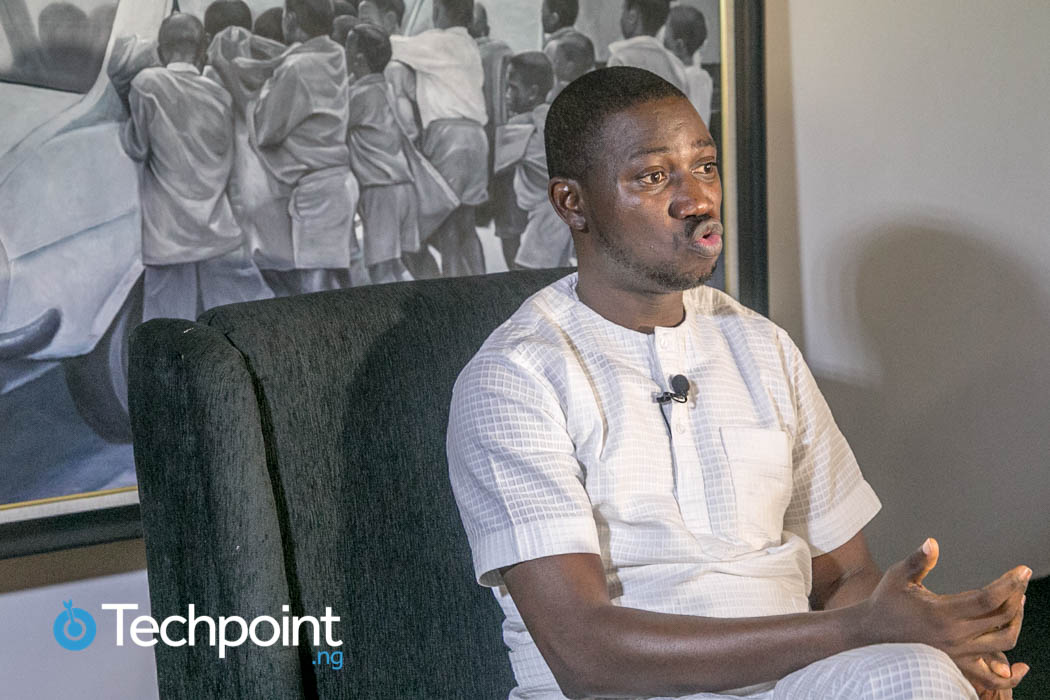
Muyiwa Matuluko of Techpoint: Where does the name Ayeni The Great originate from?
Ayeni Adekunle of BHM Group: My name is Ayeni Adekunle Samuel. My friends and family call me Ayeni because I sort of expressed a preference for the prophetic nature of the name.
So Ayeni The Great was a sort of prophecy I gave myself when I was in the University. I think I was in Part 2 at the University of Ibadan when the vision came in. I thought it would nice to inspire myself to be a great man so I started calling myself Ayeni The Great. It's my preferred nickname because each time I or my friends call me that, it reminds me of that ambition to do something great, to affect societies near and far away in very interesting ways such that decades and centuries after I am gone, people can still enjoy the benefits.
MM: I noticed, on your LinkedIn profile, that you identify as a failed microbiologist, failed musician and failed author. So it's obvious that you embrace failure. Why do you think this is important?
AA: I finished from the University of Ibadan with a third class degree. I thought I was going to publish my first book before I clocked 20. I've edited books and been part of anthologies, but up till today, I've not had a book of mine published. When I was younger, I was planning to go into music because I thought I had the talent. These are just some aspects of all the failures I've experienced.
But I love failure because it inspires me to success. The reason I wake up every morning and rush to work, even though my wife keeps reminding me that no one will punish me if I’m late because I own the business, is that I don't want to go back to where I am coming from; I don't want to be a failure. The fear of failure makes me work hard and smart.

Be the smartest in the room
Give it a try, you can unsubscribe anytime. Privacy Policy.
Most times, the young people around you need to understand that you are just another regular guy like they are and if you can do it, they can do it too. That's why I like to share the failures to sort of demystify so called ‘success’ because there is nothing special about me.
So I encourage my friends, entrepreneurs and so called successful people to share those kind of stories that humanize them.
MM: How did a trained microbiologist end up as a journalist?
AA: I had good grades in chemistry, biology, physics and all the science subjects so naturally, my parents wanted me to study medicine. After spending six years at home trying to meet the cut-off mark, I eventually settled for microbiology, which I never liked.
By this time, I had already discovered my love for creativity. I was already writing poetry and working with musicians in my area. Before I went to university in 1999, I already had almost 16 people working with me as volunteers, employees and freelancers. If my parents were a bit more liberal, I wouldn't have had any business going to the university full time. I would have just taken a part-time course while I continued my business.
However, I do not regret going to the university, I met my wife there, I made very good friends and learnt a lot. Guess what, the bulk of things I learnt later on about PR, journalism and music, I learnt from using the Kenneth Dike Library at the University of Ibadan. The wealth of material available in that library is unbelievable.
By the time I graduated, there was no confusion as to whether I was going to practice microbiology. I didn't even leave with a degree worthy of employment. Four weeks after we left school, I got a job at Encomium. They didn't ask to see my results or CV. Someone just recommended me and after three to four weeks of chasing them, they gave me a trial. From then on, there was no going back.
By the time I was leaving Encomium, I already knew that I had interest in PR. I had even registered a company. So I left Encomium and went to freelance at ThisDay for two years. By the time I was leaving ThisDay, my business was already established. I also worked at Punch as an external columnist for two years. But since I left Encomium in 2006/2007, I have never had to work for anyone else.
This is why today I encourage those around me to discover their talent. While Nigerian education trains you to seek for employment, nothing prepares you to be an entrepreneur. Look for the skills you have and develop them.
MM: How did your parents take all of these, seeing as you graduated with with a third class degree and couldn't get a 'proper' job?
AA: My father was very reluctant initially. Unfortunately, my mother had passed away by the time I left school.
In a year or two after I left school, I was already a recognised name in the entertainment and media sector. So before my father passed away, I already had established my business. It was easier for him to accept me.
These days, parents are increasingly becoming more likely to accept the reality that the child they spent a fortune on to study medicine just wants to be a developer, a makeup artist, fashion designer or cobbler. Things are changing, but to move the country forward, for young people to truly live their dreams, we need to encourage them to discover their talent, to acquire skills, learn and study entrepreneurship from when they're in the University. If possible, even before they get to the university.
We also need to tweak our curriculum to begin to take these things serious. From primary school, we need to teach kids financial literacy, entrepreneurship, coding skills and things that can empower them to not have to work for somebody if they don't want to.
That way, if you leave school seeking employment, it will be because you want to work in an organisation and that's the path you want to face. But that shouldn’t be the only option left for you. If the only option when I left school was to seek paid employment, I would have ended up a failure.
That is part of why at BHM, we encourage those without a degree to apply. We don't care about your degree, talk less of the class of your degree. Some of our most important staff that have passed through here, did not have a degree. They are just people with exceptional work ethics who built on their talent and skills.
MM: How easy or tough was business for you, especially in the early days, in terms of funding and other challenges?
AA: I started from my living room in Akute. I shared that photo on Facebook and Instagram last year when BHM clocked ten. I bought a table from Allen avenue for ₦15,000 at the time. I also registered my business name which coincidentally was also ₦15,000. I think I paid the guy who did it for me in two or three instalments.
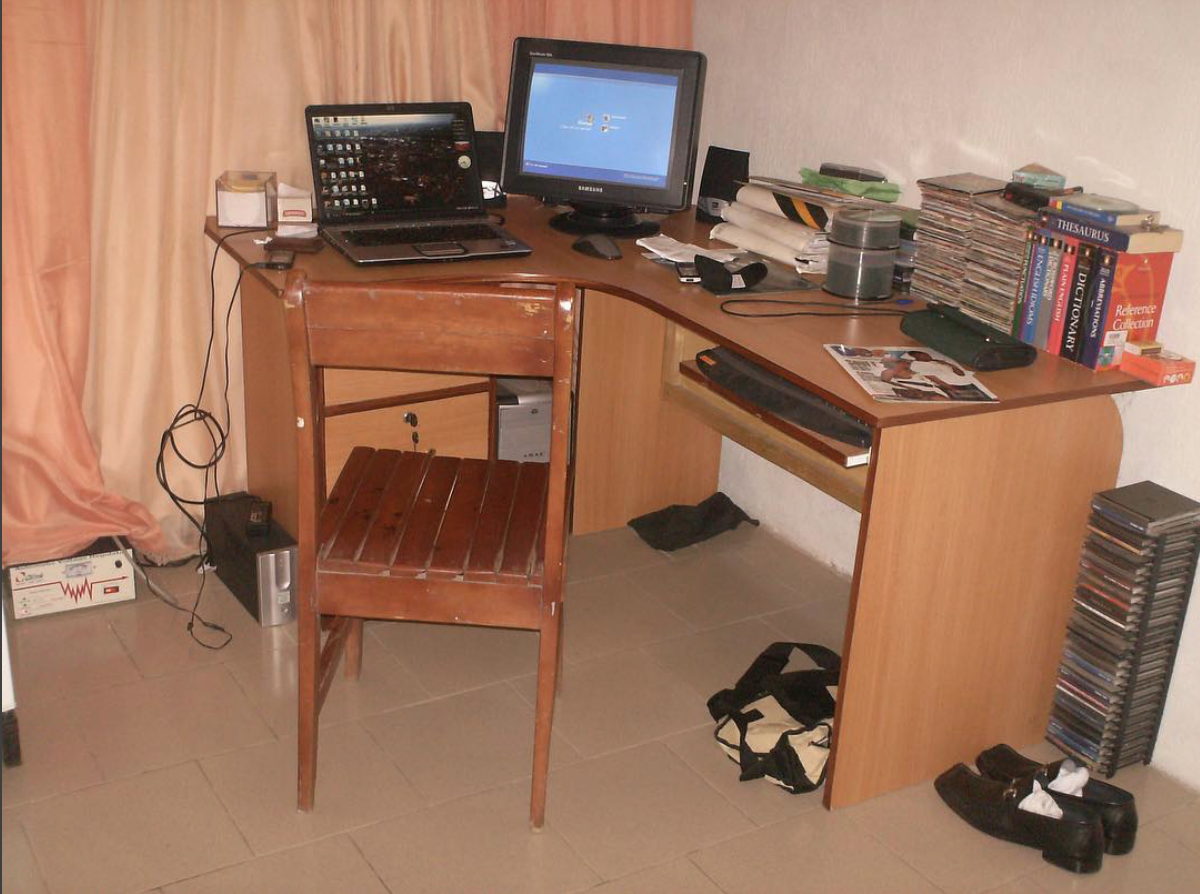
My wife had a job, she was earning maybe ₦40,000 monthly at that time and I had her debit card. That was all I had. I just had this dream that I could build something around doing communication for people and organisations. After a while my friend offered me a desk in his office. I would go work from there twice or thrice a week. That was how I started.
My business plan then required ₦10 million to start. Looking back, if I had that ₦10 million, I would have been in trouble. I have learnt that you are better off starting with your own money, growing organically and learning along the way with your own resources and support from friends and family.
Everything we own at BHM has been from reinvesting all our profit. Up till now, we have zero investment from anybody.
MM: Ten years down the line, was there ever a time you ever felt like giving up?
AA: I consider giving up every morning. You see, as you grow older, your definition of success continues to change. As a teenager, my definition of success was to build a major company that the whole world would know about. By the time I was leaving school, my definition of success was to have the world read books with my name on them.
Few years later, my definition of success was to build businesses that will empower young people. If you asked me this morning what my definition of success is, it is to be able to give my daughters the best in life, spend quality time with them and give my family, my wife, my siblings the best of my time. It is also to be able to support and mentor all the young people around me.
As you may have observed, I didn't mention BHM, money or global success. As at this morning, that is what matters most to me -- the people around me. I love young people and I want to spend more time with them to ensure they avoid some of the mistakes I made.
So what gives me satisfaction now is no longer winning in a new business. It's solving problems for those around me. I don't know how I will feel when I wake up tomorrow but as at this morning, that's how I feel. Luckily, we have built BHM to the level that, very soon, I will no longer be needed for day-to-day activities. So that gives me room to be able to pursue these things
MM: I can't help noticing your love for young people. What are some of the mistakes you made that you’d like them to learn from?
AA: I didn't start on time. I waited two years before I started because I was afraid of failure. I was earning a steady (but small) income where I used to work and I was scared of losing it. That delayed me for two years.
If you have an idea and you are convinced it is your calling to be an entrepreneur, by all means go and do it. You are better off starting young, failing and retracing your steps than waiting till when you are getting older.
Secondly, don’t think money can stop you. That' a lie. Start small, start with what you have, sell your car, sell your shoes, start in your bedroom. Just find a way, just start.
Another mistake people make is not investing in infrastructure early. Most people start their business and begin to hire wrongly. The first people you need to hire are accountants and HR people. Before you hire your first developer, marketer or farmer, you must talk to an accountant and HR person. You must also talk to lawyers, it is extremely important. That’s like the frame you build everything else on.
When I ask people who have been in business for 4 years to show me their books, most of them stop coming back to me. These are basic things. You need to be able to answer questions like, "how much did you make last year?" "What was your budget?" "How much do you budget to have this year?" You can’t wing it and succeed in business. Even if you succeed, it’s a fluke; you can’t replicate it.
Finally, by all means get education; you don’t have to be in a classroom. I follow HBR's live broadcasts on Facebook almost everyday. That’s like studying at Harvard for free! All you need is an internet connection. If you think you learn best within a classroom, sell your shirt, sell your phone, go and apply for the right course, based on recommendations from someone that you respect.
Give everything you can to gain information, that’s what will separate you. That’s what will guarantee that you cannot fail.

